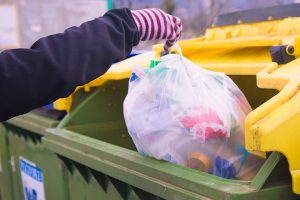 An industry report released today highlights economic opportunity in pyrolysis and other emerging plastics processing technologies.
An industry report released today highlights economic opportunity in pyrolysis and other emerging plastics processing technologies.

 An industry report released today highlights economic opportunity in pyrolysis and other emerging plastics processing technologies.
An industry report released today highlights economic opportunity in pyrolysis and other emerging plastics processing technologies.
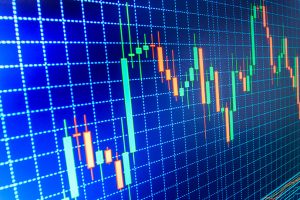 For decades, an index has reported prices for recovered plastics in Canada’s most populous province. The group behind the sheet recently evaluated how it compares with other market reports.
For decades, an index has reported prices for recovered plastics in Canada’s most populous province. The group behind the sheet recently evaluated how it compares with other market reports.
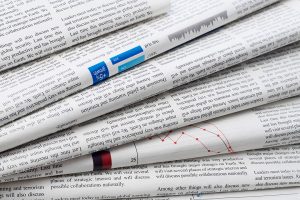 Industry stakeholders are pushing back against revived national media focus on the pressures facing U.S. recycling markets. Although those stresses are real, experts emphasize there is another side to the story.
Industry stakeholders are pushing back against revived national media focus on the pressures facing U.S. recycling markets. Although those stresses are real, experts emphasize there is another side to the story.
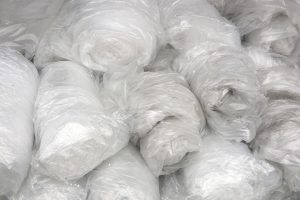 Consumer packaging company Berry Global will increase its presence in the plastics recycling sector by acquiring a European reclaimer.
Consumer packaging company Berry Global will increase its presence in the plastics recycling sector by acquiring a European reclaimer.

A complete ban on scrap plastic imports into India will be delayed until the end of August, giving the global plastics recycling industry some time to adapt.

Chris Cui on stage at the 2019 Plastics Recycling Conference and Trade Show.
Although the recycling relationship between the U.S. and China was hampered by scrap material restrictions, an expert says companies in both countries can help each other.
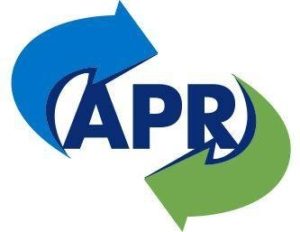 Plastics perceptions, waste reduction goals and marine debris efforts were among the meaty topics explored by the Association of Plastic Recyclers last week.
Plastics perceptions, waste reduction goals and marine debris efforts were among the meaty topics explored by the Association of Plastic Recyclers last week.
Photos of last week’s Plastics Recycling Conference and Trade Show capture the learning, deal-making and networking at the annual event.
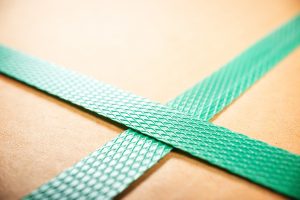 Polychem, a manufacturer of recycled polyester strapping, has been purchased by a private equity firm.
Polychem, a manufacturer of recycled polyester strapping, has been purchased by a private equity firm.
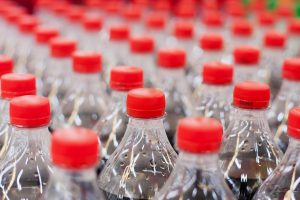 Consumer packaged goods companies, retailers and packaging producers pledged to buy 5 million metric tons of recycled plastic by 2025, according to an Ellen MacArthur Foundation report.
Consumer packaged goods companies, retailers and packaging producers pledged to buy 5 million metric tons of recycled plastic by 2025, according to an Ellen MacArthur Foundation report.
